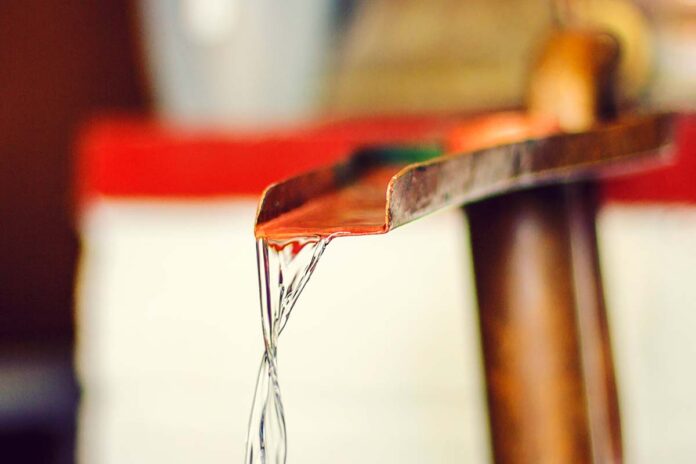The Scottish Gin category is a diverse and exciting spirit category to work in, made up of all manner of businesses operating across the Scottish Gin supply chain. Packaging specialists, botanical merchants, still makers, spirits organisations and industry bodies; all supporting Scottish Gin brands, creating employment and helping Scottish Gin businesses grow and succeed. In The Business of Scottish Gin series, we meet some of the key people and businesses who contribute to Scotland’s growing Scottish Gin industry.
Alan Powell, British Distillers Alliance

In this feature, we caught up with Alan Powell, the founder of the British Distillers Alliance (BDA). As an Associate Member of the BDA, we receive regular correspondence from them about policy changes and common issues distillers and distilleries face, providing insight and a wealth of information about the complexities of spirits production and sales. For anyone who knows Alan, is a member of the BDA or ever sought his advice, Alan is a champion of the craft distilling sector and through the BDA is actively engaged in a variety of activities and campaigns that look to simply and streamline the legislation and legal framework that surrounds spirits production. We caught up with Alan over the summer to learn more about his background in the world of spirits, what the BDA does, what are some of the current challenges faced by distillers and more.
Can you tell us a bit more about your background?
I’m an ex-foundryman who had to up sticks from the Black Country and joined HMCE at Policy HQ in London in August 1988 – as a former part-time micro-brewer and whisky buff, they put a bit of square peg in the right hole and I started as the spirits production (distillery) and duty reliefs seat. It took a bit of a while to find my feet, but when I did, I started to delve into the rationality of policies and whether what we were doing was legally correct and reasonable. I did my distillery training down the road at the John Watney Distillery in Wandsworth, which had huge vertical stills to make the ethyl alcohol for rectification in a massive old pot still to make Gordon’s and Tanqueray gin. I remember the place being full of cats to keep the rats down, being a huge grain plant on the river (but prime development land). Shortly afterwards, the distillery was shut down and the distillation plant was sent up to Scotland; the gin was made at Laindon near Basildon (which I visited in about 1989) but that, I think was also shifted to Scotland. The tradition of London gin production in quantity has almost all but disappeared in a very short time as if it had never happened. Which is Scotland’s gain but a sad loss to London and nobody cared or cares. Perhaps mine is one of the last memories…
I worked on all alcohol production and then warehousing and related regimes and the work required to bring home UK law as conforming to the Single Market fiscal directives.
I got a lot of tough gigs including the post implementation of the law introduced in 1995 concerning excise assessments, penalties and appeals to Tribunal. This is what led to my changing the law/policy in 1997 within HMCE’s internal spirits production manual such that HMCE would give consideration to an application for a distiller’s licence even if the largest still would be less than 18 hl provided there was sound business case for the application. Otherwise, a blanket rejection of such applications would be unlawful and subject to appeal to Tribunal. I left HMCE at the end of 1997; unfortunately it appears that the message didn’t get through to those in alcohol Policy, which is frankly astonishing.
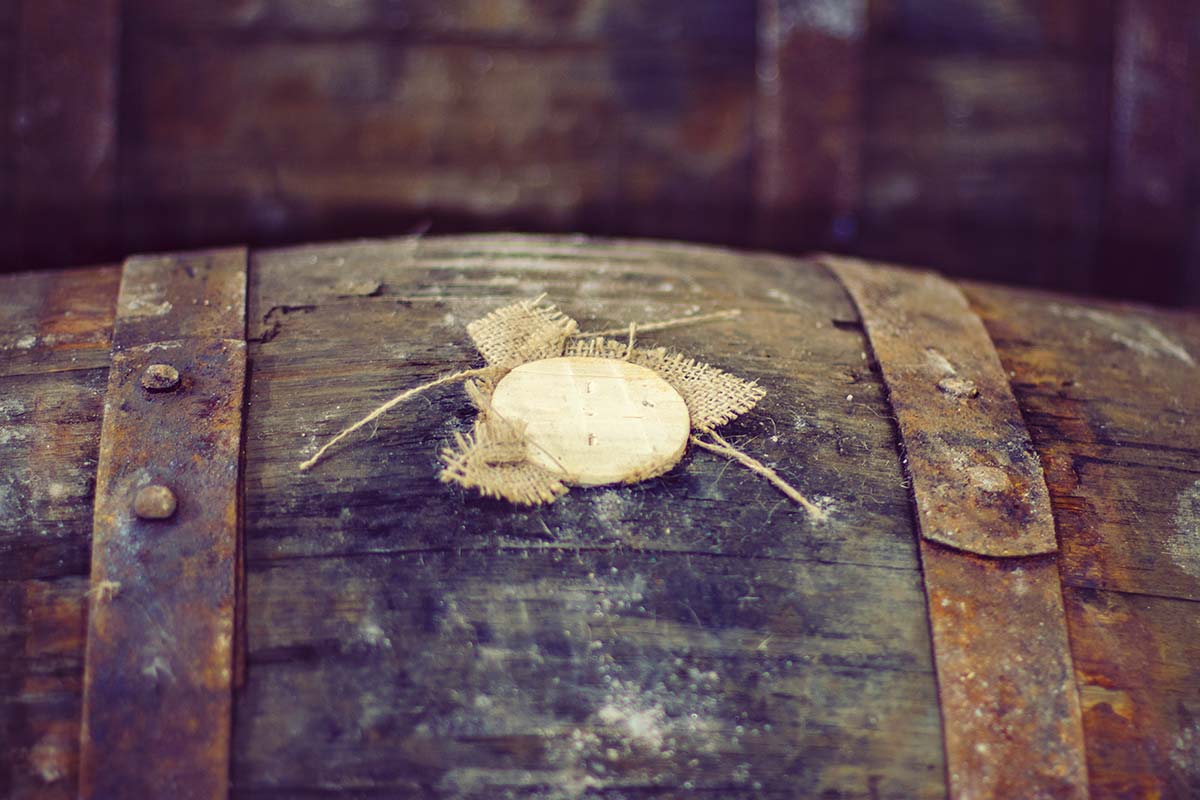
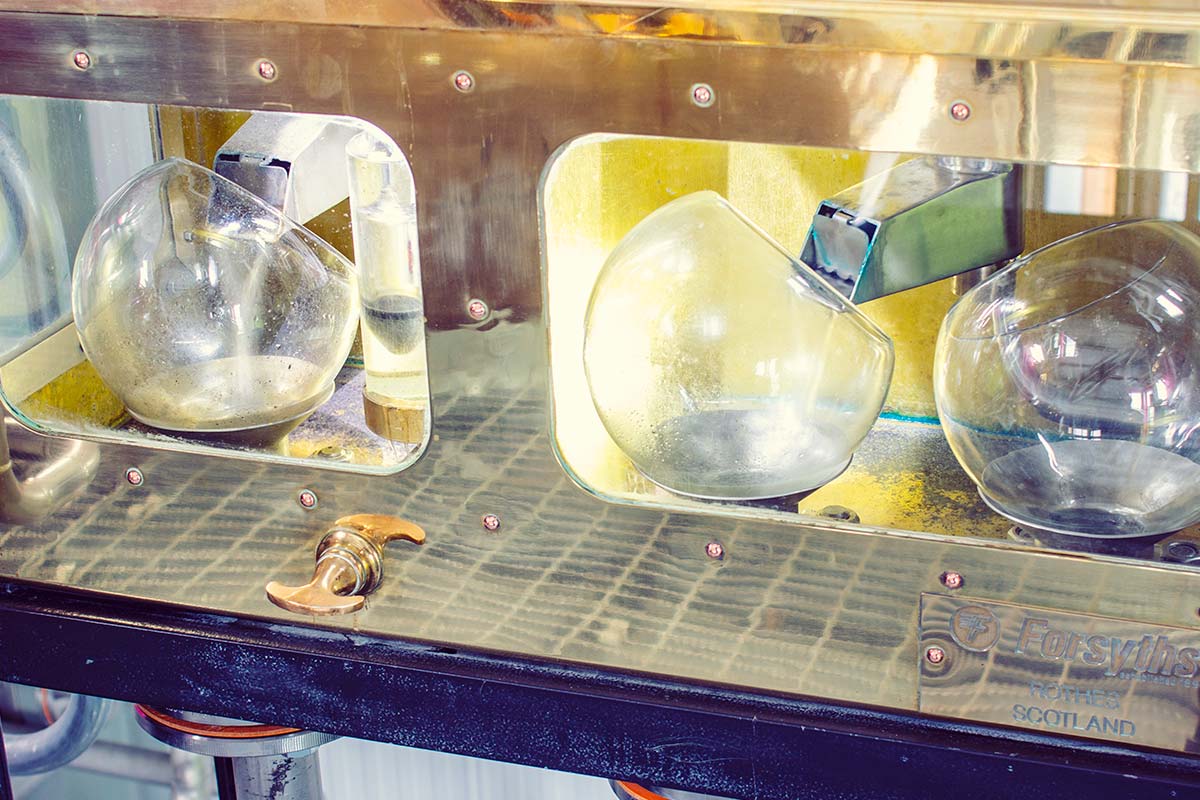
This is probably why the Sipsmith saga tells of a two year fight to get their licence to make gin. Which, if true, is appalling. Gin is rectified and compounded from ethyl alcohol. This is rectification, not distillation and the Commissioners of HMCE by then had no discretionary powers to refuse a rectifier’s licence. They were required to issue it on application. It seems that HMRC confused the distiller’s licence law with the law concerning a rectifier’s licence. But even if they had, I had removed the bar on the licensing of applicants with “undersized stills”. Utterly bemusing.
I had had enough after 10 years and joined a Big 4 professional services firm as an excise duties consultant and then as an independent advisor though oddly never had much to do with spirits production until the “new wave” of artisan spirits broke and I consulted on many new projects from 2011 and things are busier than ever.
I have also been the honorary excise duty representative to the United Kingdom Warehousing Association since 2009 and am excise specialist on the Indirect taxes Committee of the Chartered Institute of Taxation, being also a Fellow of the Institute of Indirect Taxation (now merged with the CIOT).
What is the British Distillers Alliance?
The BDA represents the interests of artisan spirits producers (distillers), rectifiers, compounders and warehouse keepers as an alliance. I pause to say that when I refer to distillers, I mean persons licensed to produce spirits from a fermented liquor, not re-distillation of spirits, which, in excise terms, is rectification. All come under the BDA umbrella. I started the BDA in July 2016 after several smaller producers had expressed an interest in having representation as a new industry and I agreed to act as founder and coordinator. I did this in conjunction with other representative work as I sit on the Joint Alcohol and Tobacco Consultative Group (JATCG), a high level working group comprising Excise Policy officials and industry trade body representatives. HMRC and other government bodies do not usually deal with individual companies (especially smaller ones) on policy matters and consultations so there was an immediate need for such representation.

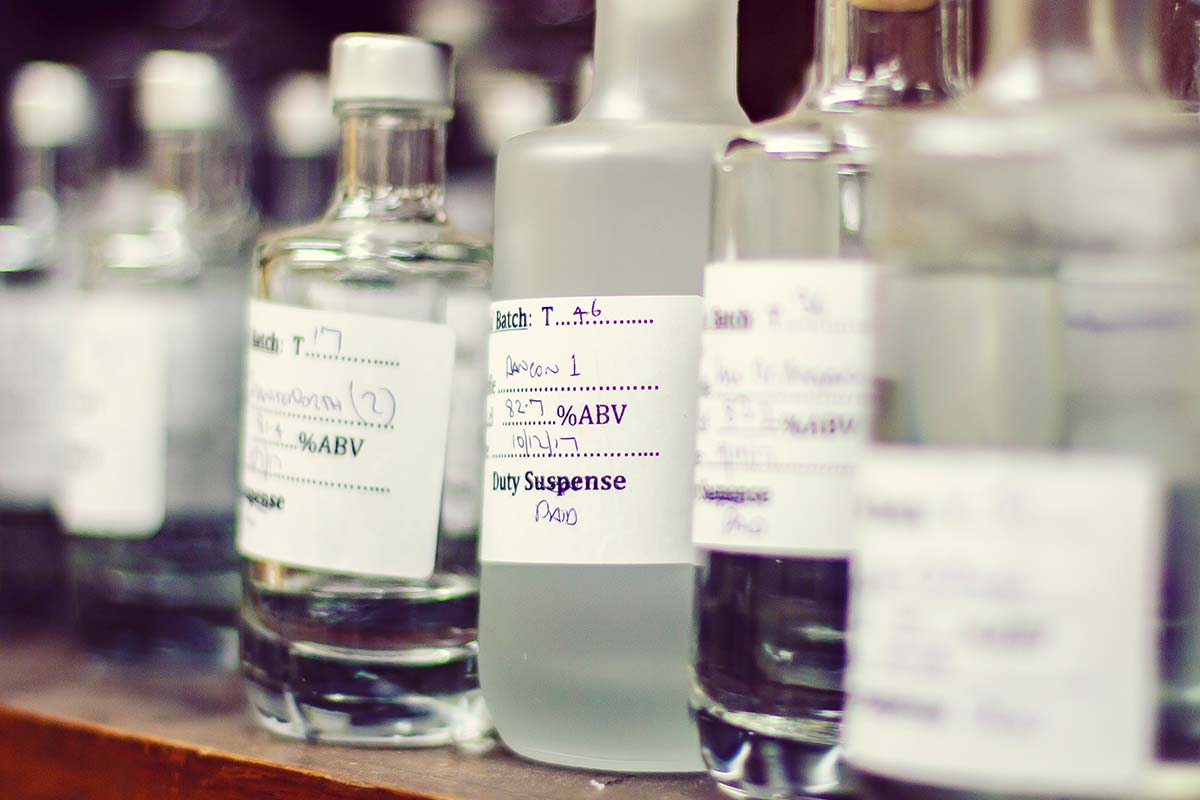
To get things moving quickly, I decided not to charge a joining fee or subscription for BDA members and the numbers of members soon swelled. The problem has been in setting up a steering group or council within the BDA as so much has been happening and it is often difficult for small businesses to spare time for such commitment. The BDA focusses on regulatory matters and we have been welcomed by DEFRA as representative of the new and innovative sector. Hitherto, consultation had only been with the “big boys” on matters such as spirits drinks definitions and presentation regulations.
The BDA has two categories of member: “full” and “associate”. The former is for producers of spirits and warehouse keepers etc, the latter for those providing services to the sector.
What’s the regulatory landscape and some of recurring challenges your members face when navigating the HMRC policy for producing and selling spirits?
Due to the historic heavy-handed control in law by HMCE (now HMRC), we retain unnecessary, excessive and often impenetrable requirements for the spirits industry on the statute book. That said, things are a lot better than they were. Distillers no longer have to provide houses for HMRC’s officers, there is no longer an “attenuation charge” (a presumptive charge that was a pain for distillers (and HMCE, to be fair)) and it’s no longer an offence to carry away an officer (yes, that was a legal provision until fairly recently). Furthermore, there are no longer mandatory premises guarantees as a condition of warehouse approval and we have just re-addressed the “chicken and egg” problems with HMRC by clarifying what an approval in principle (“letter of indication”) encompasses. I will be pursuing with HMRC the option available to other alcohol businesses for spirits warehouse keepers not to provide a movement guarantee for UK duty-suspended movements.
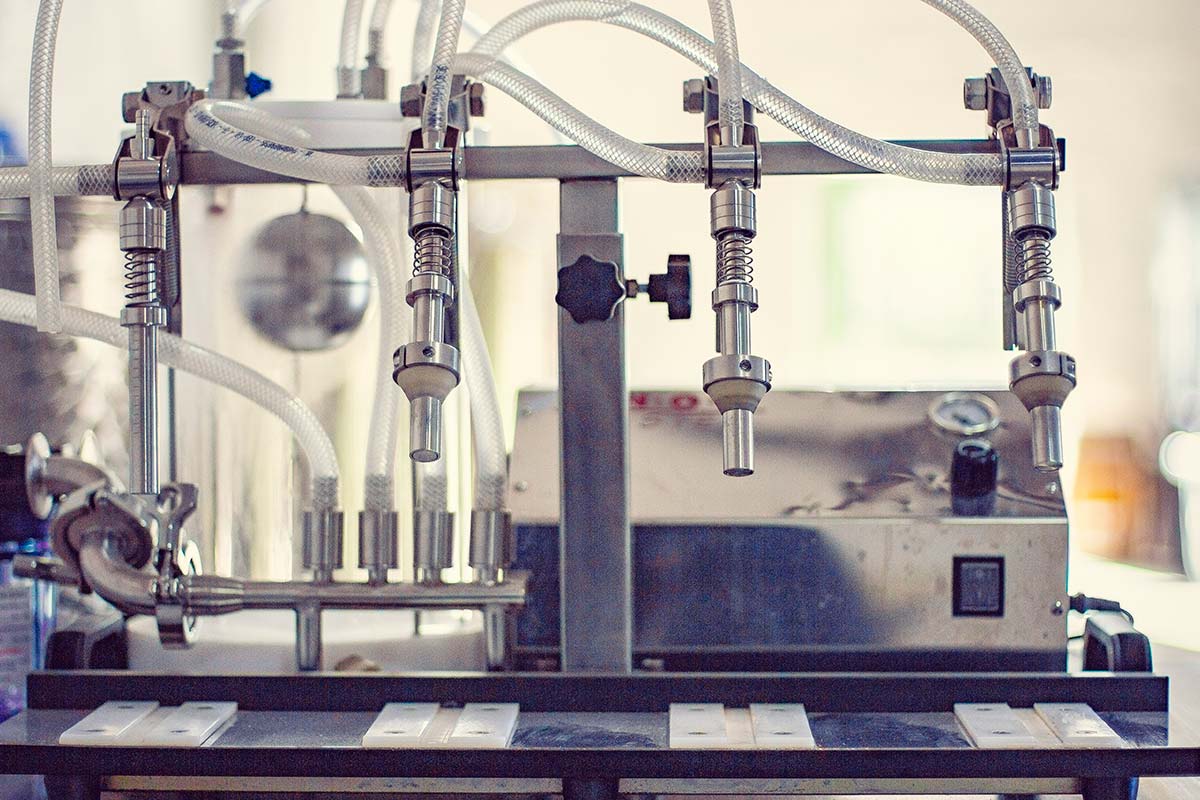
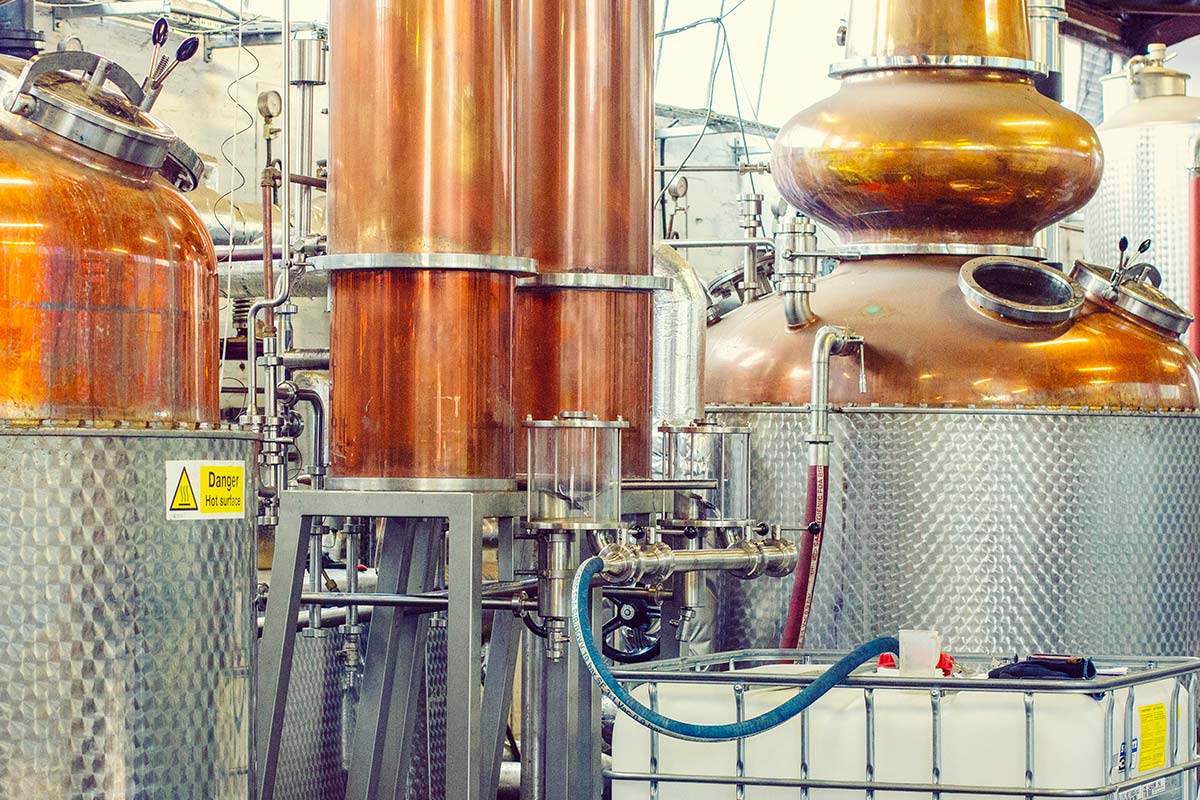
The real problems for the industry are bound up with compliance and HMRC’s obsession with alcohol duty fraud. Alcohol duty fraud has been primarily in inward diversion of large volumes of popular (and relatively inexpensive) British-produced brands of lager. Spirits excise duty fraud dissipated after HMCE’s Investigation Division’s own orchestration of illegal covert outward diversion frauds between 1994-1998 was stopped but by then had led to revenue loss of around £2 billion. HMCE in Policy had believed the fraud to be endemic in the then paper-based control system but was contained to a specific operation. After it had been closed, there was no spirits fraud but by then HMCE had put in train the WOWGR registered owners’ provisions (and lobbied the EU Member States for what would become the EMCS). Even worse, in the knowledge that the real estimates for spirits fraud were no longer the £500 million per year but statistically practically nil, HMCE continued with the spirits duty stamps scheme which was a cynical deception upon the industry. HMCE even brought back the stock return form W1 (that I had instructed staff to ditch in the mid-1990s as not being consistent with systems-based control) as more of a smokescreen to pretend the fraud was endemic to the warehousing system. This is why HMRC makes such a big thing of the W1 – when you tell a whopper, make sure it’s a big ‘un.
I have requested a full and open discussion about the frauds with HMRC and HMT in the BDA’s submission to the government’s Alcohol Duty Review which is still being mulled over at the Treasury. Until then, applications for all approvals are treated with suspicion and is why there are so many apparently pointless and excessive questions. Similarly, until WOWGR is put into its historical context, there remains the pointless need for cask ownership to be subject to registration as an owner of such goods in warehouse.
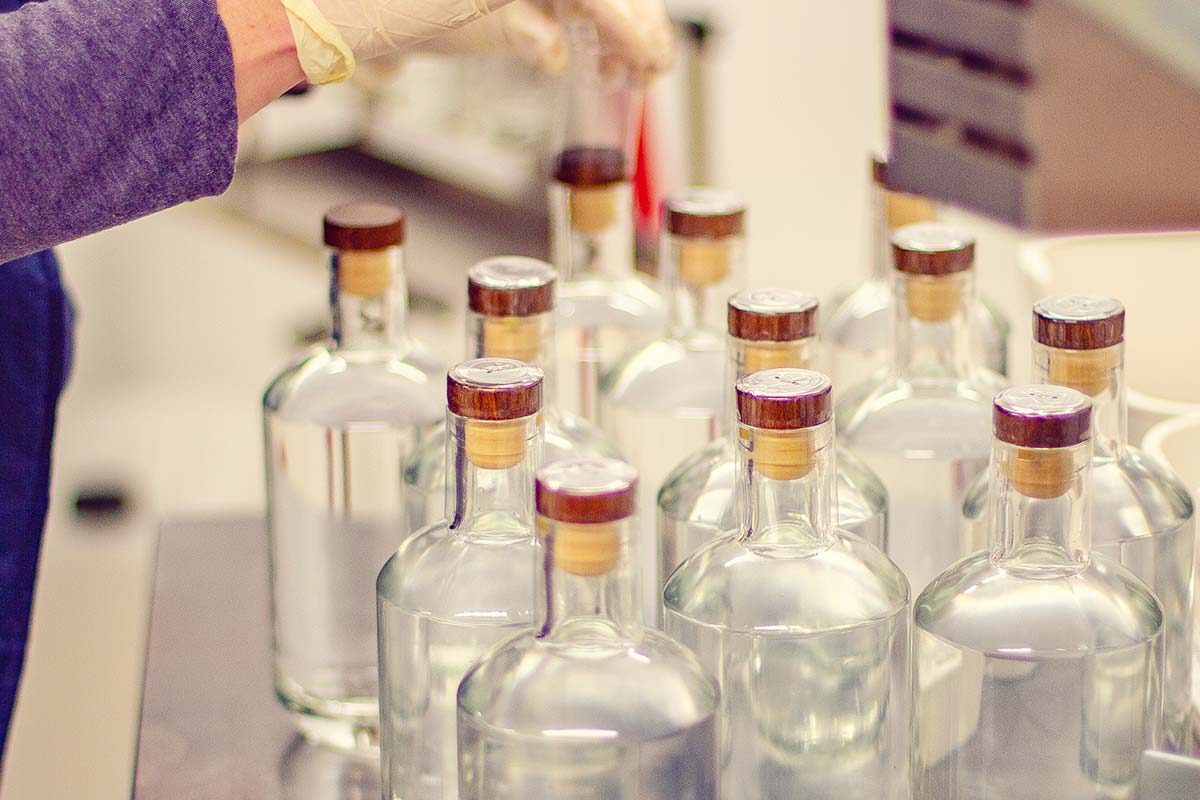

What do you believe are some of the key parts of the HMRC policy that could be changed to help support distillers and warehouse keepers?
This will be subject to the excise alcohol modernisation and simplification project. Really, we need a simple “drinks factory” concept with simple standard registration of persons and premises producing and operating on goods in duty suspension. Moreover, immediately spirits are produced “from scratch” or imported they must immediately be placed in an excise warehouse to suspend the duty which means entering the over-regulated excise warehousing regime which is totally unsuited to smaller-scale businesses. When I was in HMCE policy, I tried to legislate for a simpler structure for all excise matters by drafting an entirely new excise Act (a high-level policy objective in the early 1990s) but was stymied by lack of legislative space. But there is no reason why things can’t be modernised and simplified by HMRC for alcohol using existing statutory and discretionary powers to the limit. Unfortunately, this looks like dragging on as many of the key points identified have been designated “longer term” objectives.
I also think HMRC’s training could be improved for its officers as well as making sure the internal manuals are clear and up to date with law and policy developments. Many are woefully inadequate (this is not just an excise matter but a common observation among tax professionals).
What is the future for spirits duty?
The Alcohol Duty Review (ADR) was, I believe, triggered by the “big” distillers lobbying the PM for a “fairer” duty system for spirits ie the rate of spirits duty primarily after the UK had voted to leave the EU. We await the long-delayed findings of that review (which were due out about last year end) but I won’t hold my breath that spirits duty will be more aligned with alcohol products enjoying lower duty rates, never mind being put in a more advantageous position. The BDA has proposed a reduced rate of spirits duty for smaller businesses, akin to the progressive beer duty for smaller brewers. We know that HMT dislikes such exceptions and to put this into context, the small brewers’ rate was really the work of Damian McBride, Gordon Brown’s (then) special advisor, taking against excise policy officials as he writes in his book “Power trip” and was told to me by a friend who worked in alcohol Policy at the time; it was that enmity between McBride and excise policy that led to the law change, not the merits of the brewers’ case that I believe would otherwise have been resisted in perpetuity. We shall see about the response from HMT to the call for reduced rates for spirits absent an inside “friend” of the industry.
Credit: Source link



